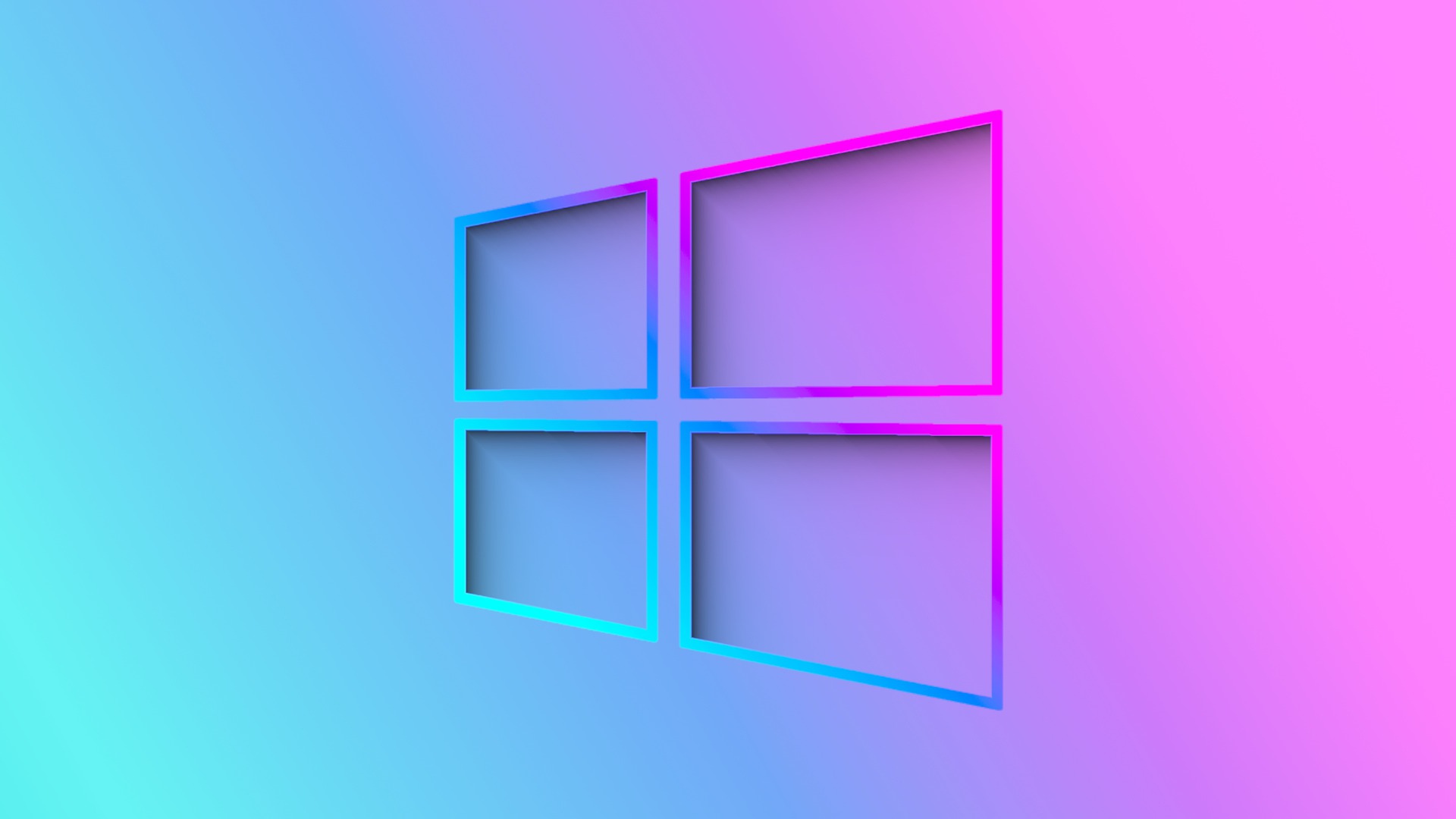In a move that has sparked controversy within the gaming industry, the UK’s Competition and Markets Authority (CMA) has suspended the proposed acquisition of video game publisher, Activision Blizzard, by Microsoft. The deal, which was valued at $68.7 billion, would have given Microsoft control of some of the biggest gaming franchises in the world, including Call of Duty, World of Warcraft, and Candy Crush.
The CMA has stated that it is concerned about the potential impact that the acquisition could have on competition in the gaming industry. In particular, the regulator has raised concerns about Microsoft’s ability to leverage its dominant position in the console market to unfairly advantage its own games over those of its competitors.
The move has been met with criticism from Microsoft, which has accused the CMA of acting unfairly and ignoring the positive impact that the acquisition could have on the industry. In a statement, the company said that it was “disappointed” by the decision and that it would be considering its options going forward.
The decision by the CMA has also raised concerns about the wider implications for mergers and acquisitions in the technology sector. Some analysts have suggested that the move could signal a tougher stance by regulators on big tech deals, particularly those involving dominant players in the market.
The news has also sparked a backlash from investors, with shares in both Activision and Microsoft falling sharply following the announcement. Some analysts have suggested that the suspension of the deal could lead to a bidding war for Activision, with other major players in the industry such as Sony and Tencent potentially entering the fray.
The decision by the CMA comes at a time of increasing scrutiny of the gaming industry, with concerns being raised about issues such as addiction, online safety, and the treatment of employees. Activision Blizzard itself has faced criticism in recent years over allegations of workplace harassment and discrimination, leading to protests and walkouts by staff.
The suspension of the deal is unlikely to have an immediate impact on either company, but it could have significant longer-term implications for the gaming industry as a whole. As regulators continue to take a tougher stance on big tech deals, companies will need to be increasingly careful about how they structure their acquisitions and mergers in order to avoid falling foul of competition laws.
In the meantime, gamers around the world will be left wondering what the future holds for some of their favourite franchises, and whether the suspension of the Microsoft-Activision deal will ultimately be good or bad for the industry as a whole.










